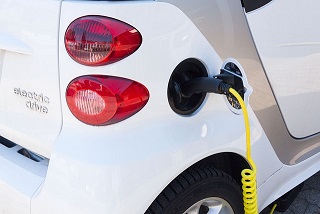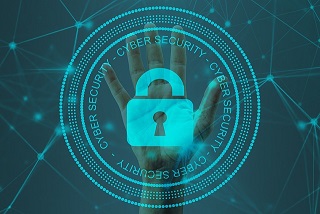8 good reasons to adopt e-Invoicing
Electronic invoicing offers many benefits for companies and organisations, regardless of their sector of activity. Why not take the plunge?
Since the end of the 1980s, many large companies have implemented e-Invoicing with undeniable success. However, despite its great potential, this innovation is still largely under-exploited. As the obstacles to its widespread use are gradually being removed, notably through the implementation of the PEPPOL European framework, here are 8 good reasons to adopt electronic invoicing in your organisation.
1. Less paperwork
Who doesn’t dream of getting rid of the tedious administrative task of processing invoices? From its creation by the supplier of goods or services to its archiving by the customer, the invoice goes through a series of stages of varying length: checking of the amounts to be invoiced, entry, sending, receipt, approval… When put together, these steps represent a significant waste of time. And this time could be put to better use, whether at work or at home!
With electronic invoicing, all these steps are carried out automatically, without human intervention.
2. Faster
Machines process invoices much faster than humans. They can issue invoices as soon as the merchandise or service is delivered. Transmission is instantaneous. Upon receipt, processing can be carried out without any intermediate delay. And the sooner the invoice is issued, delivered and processed, the sooner it can be paid!
3. More reliable
Humans regularly make mistakes when processing invoices. We have all already faced the unfortunate consequences of such mistakes. For example, having to issue a credit note or chasing a customer who has confused the amount excluding VAT and the total amount to be paid.
Of course, software isn’t infallible, but it considerably reduces the error rate, making processes much more reliable. Are some of your suppliers not yet computerised and make mistakes? Using the right software to receive and process invoices protects you from the negative consequences of this situation.
The routing of electronic invoices is also much more reliable: no more invoices that get lost along the way! Electronic invoicing allows perfect monitoring of invoice transmission. Any lost document automatically generates an alert to detect the leak, investigate the cause and correct the problem.
4. Equally safe
From a legal point of view, since 1 January 2013, electronic and paper invoices are equivalent in Belgium. This equivalence results from the transposition of the European VAT Directive (Directive 2010/45/EU), which sets invoicing rules.
To be valid legally invoices, whatever their form (paper, PDF, electronic and structured, etc.) and version (customer copy, supplier copy, intermediate version, etc.) must comply with the following principles:
- authenticity of origin:: the identity of the supplier of goods or services must be guaranteed;
- content integrity: the content of the invoice cannot have been modified;
- data readability: the invoice data must be clearly legible, on paper or on screen, without requiring excessive study or interpretation.
These principles, provided they are respected, make e-Invoicing as legally secure as manual invoicing.
5. Neither too much nor too little cash
More than one successful company has defaulted on payments due to a lack of cash flow management. As a result of electronic invoicing, we can go much further in cash management than is physically possible in the paper world. For example, many of those using e-Invoicing use dynamic discount, an automatic mechanism for negotiating payment terms, which optimises available cash whilst protecting against the risk of non-payment.
As such, e-Invoicing is a tool that improves company management.
6. More sustainable
Climate and ecological issues have become central to our societies, and rightly so. e-Invoicing significantly reduces on paper production and use. It also reduces the need for physical transport, a major source of pollution. It is therefore significantly more sustainable.
7. More modern
In addition, e-Invoicing makes it possible to be well positioned as a company moving with the times and make the most of information technologies. e-Invoicing can be used as a way to « stand out”, to make a difference compared with direct competitors. Having a good image in your market is essential.
8. More profitable
Last but not least, e-Invoicing is a significant way of cutting costs. In 2012, a study by the University of Hasselt, commissioned by the Agency for Administrative Simplification (ASA), estimated the average cost of a paper invoice between companies at €12.08. e-Invoicing saves up to €9 per invoice, or 75% of costs!
Automated processing of the one billion invoices exchanged each year in Belgium would generate annual efficiency gains of around 3.5 billion Euros.
Calculate how much your company stands to save!



